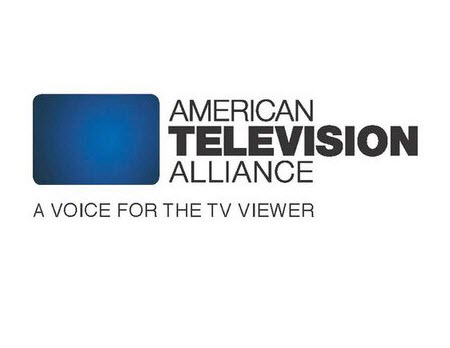ATVA: Government Shouldn't Subsidize Broadcasters
Unless broadcasters want tax money and common carrier regs

The smarter way to stay on top of broadcasting and cable industry. Sign up below
You are now subscribed
Your newsletter sign-up was successful
Cable and satellite operators said they aren't looking to prevent broadcasters in "truly short" smaller markets--ones that lack a full complement of affiliated stations--from affiliating with two of the top four-rated TV networks in the market, but said broadcasters are stretching the definition of "short" to conceivably include markets like Boston.
They also said it is a stretch to believe broadcasters need dereg to remain viable, but if they are in such straights that they need a government bailout in some form, they should get a government subsidy rather than bleed MVPDs via retransmission consent fees, and accept common carrier regs in the bargain.
Also Read: NAB, ATVA Renew Retrans Battle
In reply comments to the FCC's quadrennial ownership rule review, the American Television Alliance, whose members include ACA Connects and Dish, said that the FCC has no duty to subsidize broadcasters.
The FCC is charged with regularly reviewing its ownership rules, but given the legal back and forth over the rules, it is a little behind on the 2018 review, which it is currently working on.
Also Read: NAB Says FCC's Own Policies Hurt Media Diversity
ATVA members want the FCC to close loopholes that have allowed broadcasters to create duopolies, triopolies and even quadopolies, they said.
While broadcasters cite a local news "crisis" in pushing for broadcast deregulation, ATVA said no such crisis exists and, even if there were one, consolidation is not the answer.
Broadcasters said they need more regulatory flexibility to remain economically viable among a sea of unregulated and more lightly regulated video options; ATVA said the largest broadcasters continue to reap considerable profits.
Also Read: Supreme Court Overturns Smackdown of Broadcast Dereg
"If broadcasters now want the government to “ensure” their profitability in perpetuity as if they were a public utility, then they should seek funds from taxpayers generally (rather than from a shrinking base of MVPD subscribers)," ATVA told the FCC. "In exchange, they should accept public utility regulation, such as making their signals universally available on all platforms at regulated prices and without interruption."
The smarter way to stay on top of broadcasting and cable industry. Sign up below
Contributing editor John Eggerton has been an editor and/or writer on media regulation, legislation and policy for over four decades, including covering the FCC, FTC, Congress, the major media trade associations, and the federal courts. In addition to Multichannel News and Broadcasting + Cable, his work has appeared in Radio World, TV Technology, TV Fax, This Week in Consumer Electronics, Variety and the Encyclopedia Britannica.

